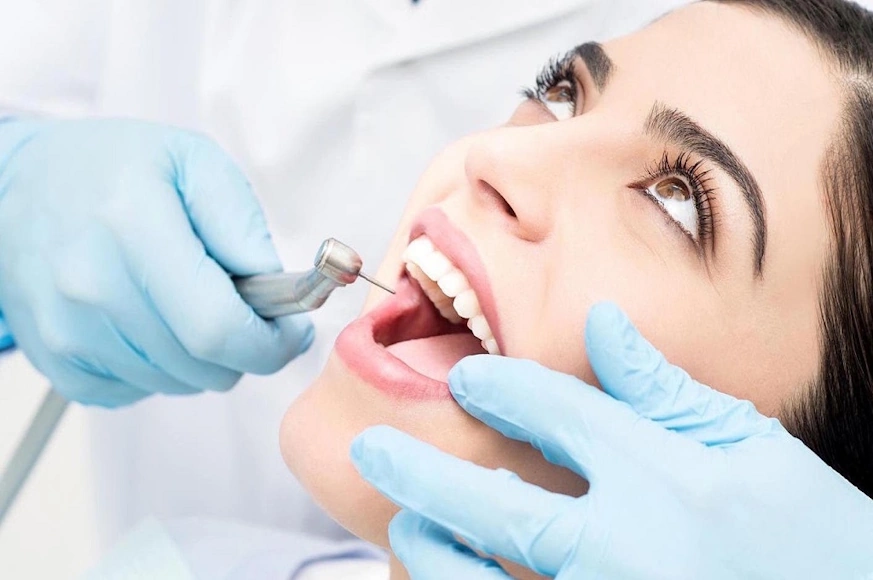
The Impact of Poor Oral Health on Your Body
Table Of Contents
Oral health plays a crucial role in overall wellbeing. Neglecting oral hygiene can lead to issues such as bad breath, cavities, or gum diseases, which, if not addressed promptly, can lead to serious complications. Bacteria from the oral cavity can enter the bloodstream, causing infections or inflammations in other parts of the body. Hence, poor oral health can trigger a domino effect of health issues. Conversely, good oral health contributes positively to your overall body health.
Complications from Poor Oral Health
Below, we delve into some of the more severe complications that poor oral health can trigger.
Cardiovascular Diseases
Poor oral hygiene increases the risk of cardiovascular diseases. Bacteria from oral infections can spread into the bloodstream, leading to inflammation of the heart vessels and heart valve infections. Additionally, an infected tooth or gums can cause inflammation of the heart lining.
Dementia
Dementia could be linked to inflamed gums, potentially due to the release of harmful substances when bacteria from an oral infection invade brain cells, which can lead to memory loss.
Diabetes
Inflamed gums can cause increased blood sugar levels, possibly leading to the development of diabetes.
Stroke
Recent scientific studies suggest that people with gum problems have a higher risk of stroke. Severe gum disease can disrupt the body’s proper functioning, reducing blood and oxygen flow to the brain.
Hypertension
Gum disease and infected teeth can contribute to plaque buildup on blood vessels, leading to high blood pressure.
Rheumatoid Arthritis
Bacteria formed in the mouth during an infection can increase body-wide inflammation, potentially leading to rheumatoid arthritis.
Kidney Disease
Kidney disease can cause life-threatening problems, and periodontal disease can significantly accelerate its development. Patients with gum and tooth diseases usually have weakened immune systems, making them more susceptible to various diseases. Untreated, these issues can lead to kidney failure.
Gingivitis in Pregnancy
Even with regular and proper dental care, pregnant women often face oral health challenges. Hence, maintaining good oral health during pregnancy is essential.
Preserving Teeth and Gum Health
Excellent oral health doesn’t require drastic changes. Preventive measures can be incorporated into your daily habits. Thus, it’s crucial to brush your teeth two to three times a day, use fluoride toothpaste, and floss at least once a day. Nutrition also plays a significant role in maintaining dental health. Avoid frequent consumption of snacks, carbonated drinks, and overly sweet foods. Instead, opt for fiber-rich foods low in fat and sugar. Replace your toothbrush every three to four months, or sooner if the bristles are frayed or worn.
Regular Dental Checkups
Visiting the dentist twice a year helps you understand your oral health better. The dentist can examine your teeth,remove tartar if needed, and highlight potential issues that require attention. Taking care of your oral health is an investment in your overall health.
Related Posts

Aftercare Guidance for Root Canal Therapy
During root canal therapy, patients usually experience minimal discomfort. However, the recovery period can involve some discomfort. Knowing what to expect and how to hasten recovery post-procedure is beneficial.

Oral Health Maintenance for Pregnant Women
Pregnancy signifies immense changes in a woman’s body, with her oral health being no exception. Hormonal fluctuations during pregnancy elevate the risk of dental issues, such as gum disease and cavities. This post provides essential tips for pregnant women to uphold their dental health.

The Impact of Sugar on Your Teeth
Your mouth is a habitat for a variety of bacteria. While some are beneficial, others can cause harm. These harmful bacteria feast on the sugar you eat, producing acids that attack your tooth enamel. Have you ever wondered how sugar affects your teeth?